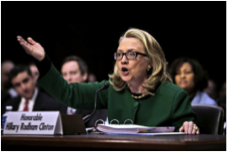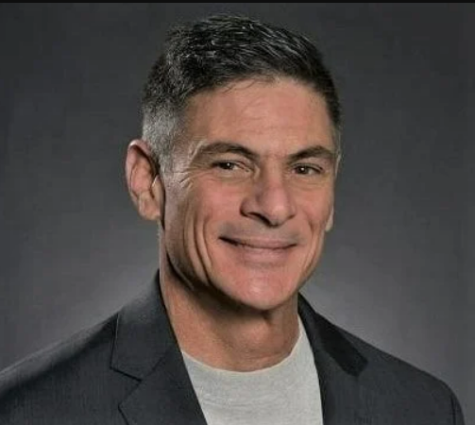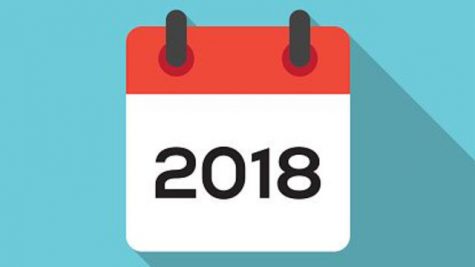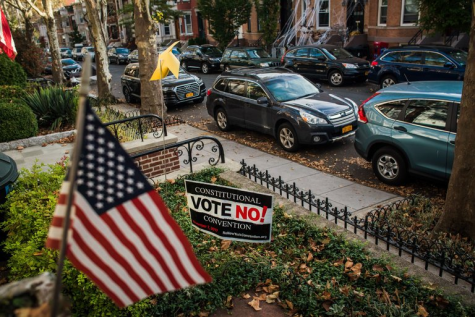Benghazi Hearings

The 11-hour Benghazi hearings for Hillary Clinton took place October 22. The House Select Committee examined Clinton regarding the deaths of 4 Americans. The presidential frontrunner remained calm during the hearing although there were several bursts in which she struggled to hide her anger for the Republicans questioning her. The Republicans on the panel tried to prove Clinton ignored the U.S. ambassador to Libya Chris Stevens’ requests for additional security before the attacks, which killed Stevens and three other Americans.
The hearing began at 10 a.m. but a key investigator, Rep. Jim Jordan (R-Ohio), did not start questioning Clinton until 7:45 p.m. Clinton was not worn down by the investigation and handled the questions graciously, although questions regarding Clinton’s use of her personal email did push Rep. Elijah Cummings (D-MD) over the edge as he exclaimed the Republicans were just trying to get Hillary to slip. Another startling moment of the trial happened when Rep. Susan Brooks (R-IN) repeatedly asked Clinton if she had spoken with Stevens after he was sworn in as the U.S. ambassador to Libya in May 2012 and before his death on September 11, 2012. Clinton stumbled in her response, saying she believed she had but could not remember. This is definitely a moment that will be recalled numerous times throughout the election season, much like her “What difference does it make?” 2013 Benghazi commentary. Rep. Trey Gowdy (R-SC), the panel’s chairman, exclaimed that not much differed between the hearing last week and in 2013.
Sidney Blumenthal, another key player in this investigation and long-time friend of Clinton, was not even the room. Blumenthal was the main focus of Gowdy’s questioning of Clinton for the first ten minutes he spoke. Gowdy also highlighted the negative remarks she had made about Obama’s Administration. Clinton responded that her comments had nothing to do with the death of the four Americans, switching the topic back to the event itself. Many GOP members continued to bring the subject back to Clinton’s use of her personal email, although they had assured it wouldn’t be part of the hearing. They further implied that Clinton could have been contacting Stevens on a private number or that his requests for assistance were ignored because there was not enough access offered to him.
The hearing did not reveal any new information regarding what happened in Benghazi or Washington the night of the attack. However, it did offer Republicans an opportunity to ask still unanswered questions about the tragedy. Republicans will continue to blame Hillary for the lapses in security that caused the deaths of four Americans. Democrats view this second hearing as Republicans trying to hurt the Democratic front-runner. Luckily for the Democrats, Clinton survived the hearing without much damage.






